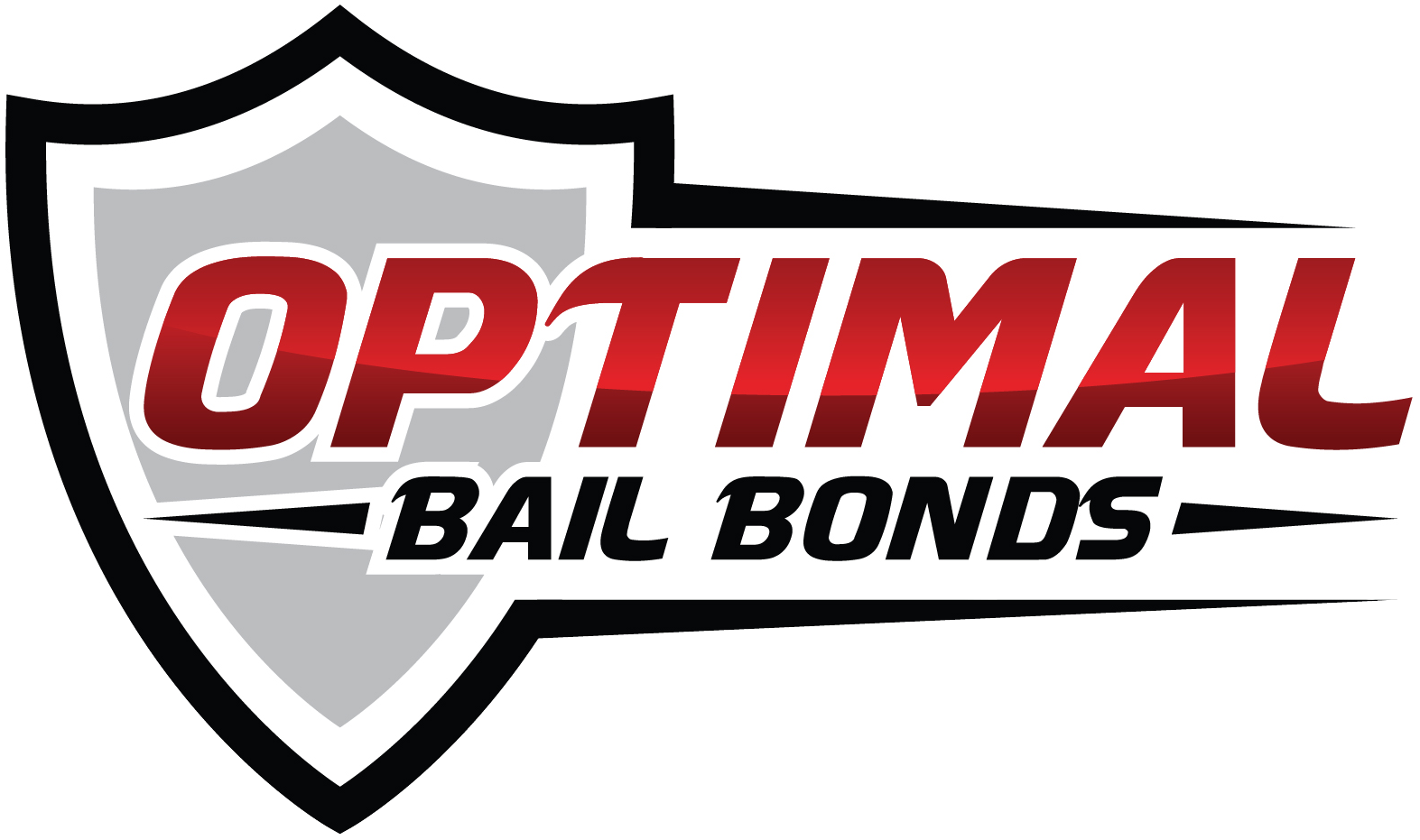In recent years, the bail bond system has faced scrutiny and criticism for its impact on the criminal justice system and its potential to perpetuate inequalities. Responding to these concerns, lawmakers have introduced a new bill that revises provisions relating to bail bond agents and agencies. This blog post will delve into the key changes proposed by the bill, focusing on the definition of appointments, the licensing of bail bond agencies, and the regulations imposed on bail bond agents.
Modernizing Bail Bond Regulations: A Closer Look at the Revised Provisions
Gabriel
Defining "Appointment" and "Temporary Bail Bond Agent"
The bill starts by providing a clear definition of "appointment" in the context of bail bond agents and agencies. An appointment refers to the official authorization granted to a bail bond agent by an insurer, allowing them to issue bail bonds on their behalf. Additionally, the bill introduces the term "temporary bail bond agent," referring to individuals who obtained their licenses before January 1, 2024. However, it's important to note that this temporary status will only be valid for 18 months after issuance and will no longer be in effect on or after June 30, 2025.
Transitioning from Registration to Licensing for Bail Bond Agencies
One of the significant changes proposed by the bill is transitioning bail bond agencies from a registration system to a licensing system. Under the revised provisions, bail bond agencies will need to obtain a license instead of merely registering their businesses. This shift aims to enhance accountability and oversight, ensuring that only reputable and qualified agencies are allowed to operate in the bail bond industry.
Criminal Convictions and Bail Bond Agencies
Unlike certain other professions, the bill specifies that Section 112.011, F.S., which pertains to disqualification from licensing and public employment based on criminal convictions, does not apply to bail bond agencies or applicants seeking licensure as bail bond agencies. However, it is essential to note that this does not give agencies a free pass on criminal backgrounds. Appropriate measures and safeguards are still in place to ensure the industry maintains its integrity and protects the public.
Restricting Bond Issuance and Agency Functions
The bill introduces restrictions on bail bond agents and agencies to prevent misuse and protect consumers. Agents are prohibited from selling bail bonds issued by an insurer for which they and their agency do not hold a current appointment. Furthermore, no individual or entity is allowed to perform any of the functions of a bail bond agency without holding a valid bail bond agency license. These provisions aim to curb fraudulent practices and maintain the highest standards of professionalism within the industry.
Conclusion
The bill's proposed revisions to provisions relating to bail bond agents and agencies mark a significant step towards modernizing the bail bond system. By introducing clear definitions, licensing requirements, and restrictions, lawmakers aim to create a more transparent and accountable industry. If implemented successfully, these changes have the potential to improve public trust in the bail bond system and contribute to a fairer and more just criminal justice system overall.
